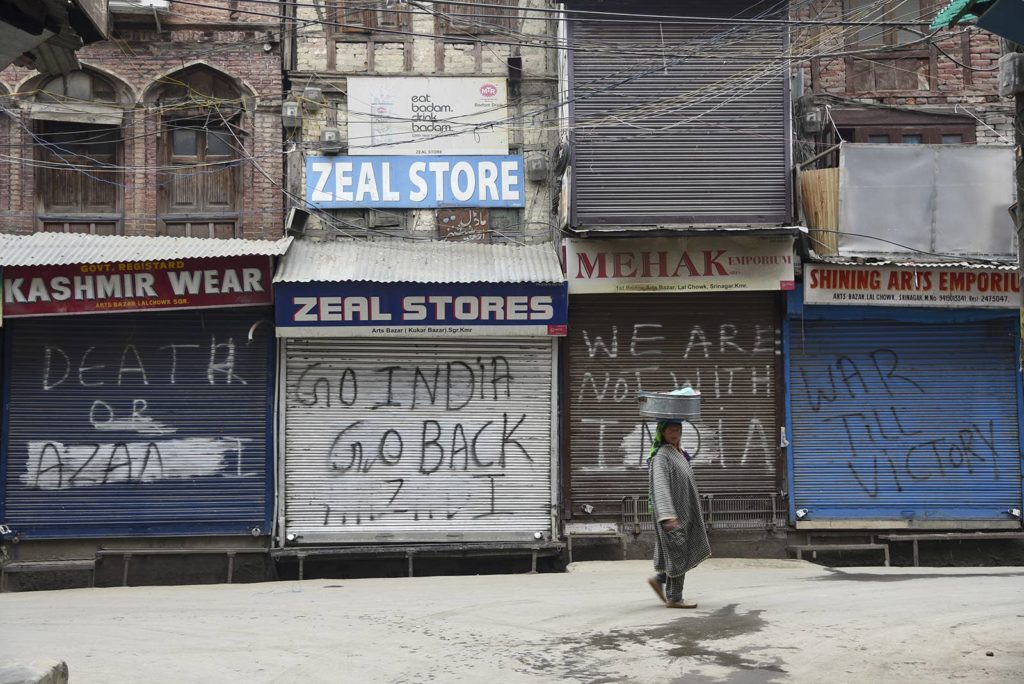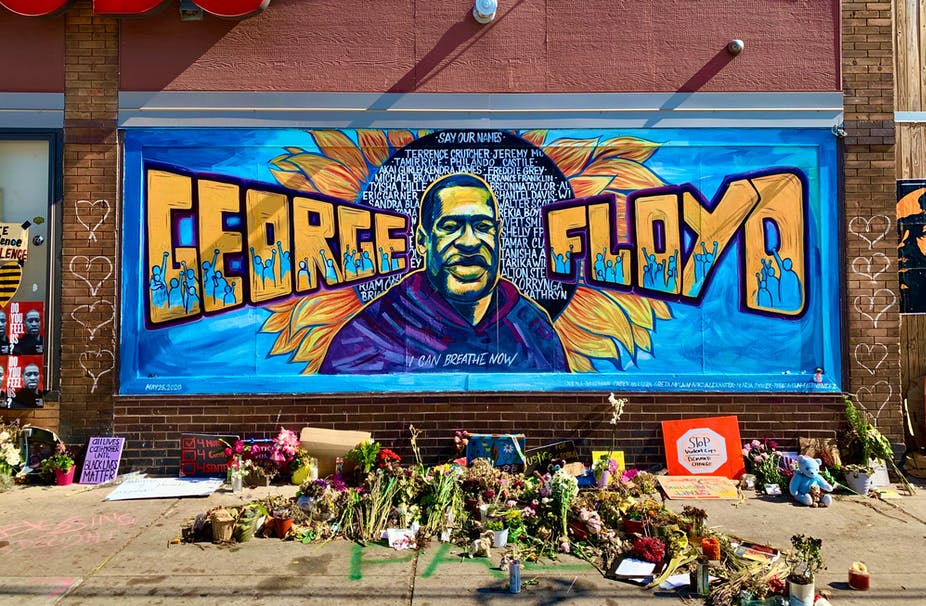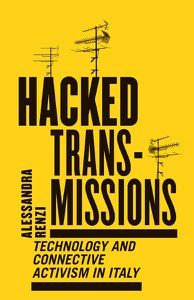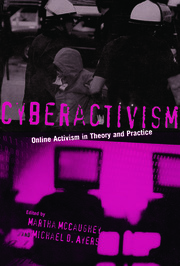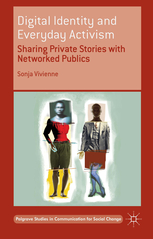Digital Power & Politics
Scholars & Thought Leaders
Sasha Costanza- Chock
Sasha Costanza-Chock is a communications scholar, participatory designer, and activist. They are Associate Professor of Civic Media at Massachusetts Institute of Technology and a Faculty Affiliate at the Berkman Klein Center for Internet & Society.
- Author of Design justice: community-led practices to build the worlds we need (2020)

Deen Freelon, Ph.D., UNC
Deen Freelon is an associate professor in the School of Media and Journalism. His research covers two major areas of scholarship: 1) political expression through digital media and 2) data science and computational methods for analyzing large digital datasets.
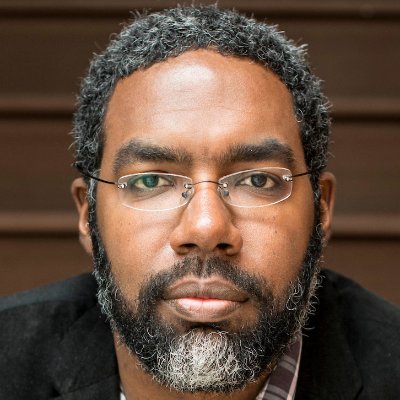
Alessandra Renzi
Dr. Renzi’s interdisciplinary work explores the linkages and relays between media, art and civic engagement through ethnographic studies and media projects. She has studied pirate television networks in Italy and the surveillance of social movements after 9-11. Her current research investigates how society’s increasing reliance on platforms, algorithms and big data is changing social justice activism.
- Hacked Transmissions: Technology and Connective Activism in Italy (2020)
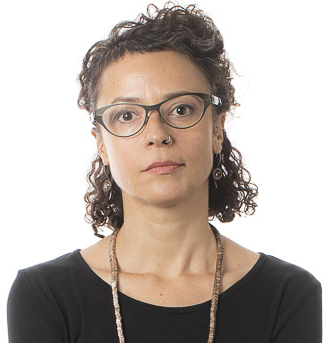
Dr. Meredith D. Clark, UVA
(@MeredithDClark) Former newspaper journalist whose research focuses on the intersections of race, media, and power. Her professional journalism background informs her primary research on the relationships between Black communities and news media in social media spaces. Her secondary research in critical journalism studies addresses questions of systemic racism in U.S. news media, with a focus on culture and processes in print and digital newsrooms.
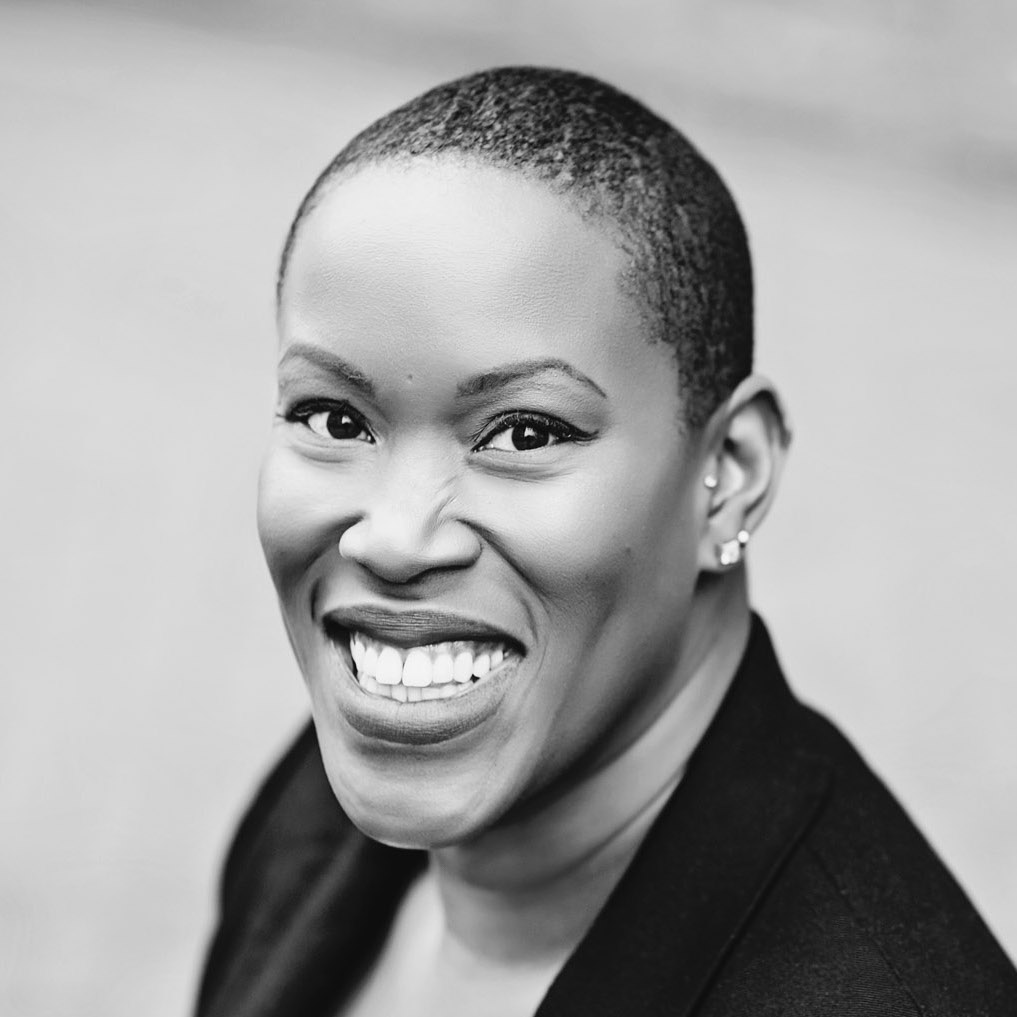
Charlton Deron McIlwain
Charlton Deron McIlwain is an American academic and author whose expertise includes the role of race and media in politics and social life. McIlwain is Professor of media, culture, and communication and is the Vice Provost for Faculty Engagement and Development at New York University.
- Author of: Black Software: The Internet & Racial Justice, From the Afronet to Black Lives Matter

Film & Video
Future Politics | Jamie Susskind | Talks at Google (2018)
Jamie Susskind is a practicing barrister and author, and former fellow of Harvard’s Berkman Klein Center for Internet and Society. He writes about the effects of technology on politics, looking at how AI and machine learning, the internet of things, robotics, blockchain, and virtual reality will change the way we live together.
What voter suppression looks like online (2020)
“Why Russian operatives and domestic parties target Black voters in US elections.” This short explainer by Vox investigates hoaxes and election misinformation targeted toward African American voters and discusses how social media companies are responding to misleading election information. In the 2016 election, for example, posts that appeared to be written by African American groups or individuals were used to discourage voting amongst black Americans.
Source: Vox
Books & Articles
No Email. No WhatsApp. No Internet. This Is Now Normal Life In Kashmir. (2020)
Normal life has ground to a halt in the region as businesses lay off workers, hospitals struggle to care for patients, and ordinary people despair.
By: Pranav Dixit
Source: BuzzFeed
Art and online activism amid the pandemic: lessons from around the world (2020)
During the COVID-19 pandemic, arranging protests and political movements in the streets has proven challenging due to social distancing orders.
Hacked Transmissions: Technology and Connective Activism in Italy. (2020)
Alessandra Renzi.
Hacked Transmissions explores how social movements change across cycles of struggle and alongside technology. Weaving a rich fabric of local and international social movements and media practices, politicized hacking, and independent cultural production, it takes as its entry point a multiyear ethnography of Telestreet, a network of pirate television channels in Italy that challenged the media monopoly of Silvio Berlusconi.
Cyberactivism: Online Activism in Theory and Practice. (2003)
McCaughey, M. and Ayers, M. D.
The Internet has played a central role in some of the most successful instances of contemporary political activism. This book examines the growing importance of this aspect of activism, including the politically motivated sabotage of commercial websites.
Digital Identity and Everyday Activism — Sharing Private Stories with Networked Publics (2016)
Vivienne, S
This book reinvigorates the space between scholarly texts on self-representation, voice and agency and practical field-guides to community media and digital storytelling. It offers reflection on the ethical praxis of co-creative media, and an indispensable suite of digitally savvy representation strategies, pertinent to modern people everywhere.
